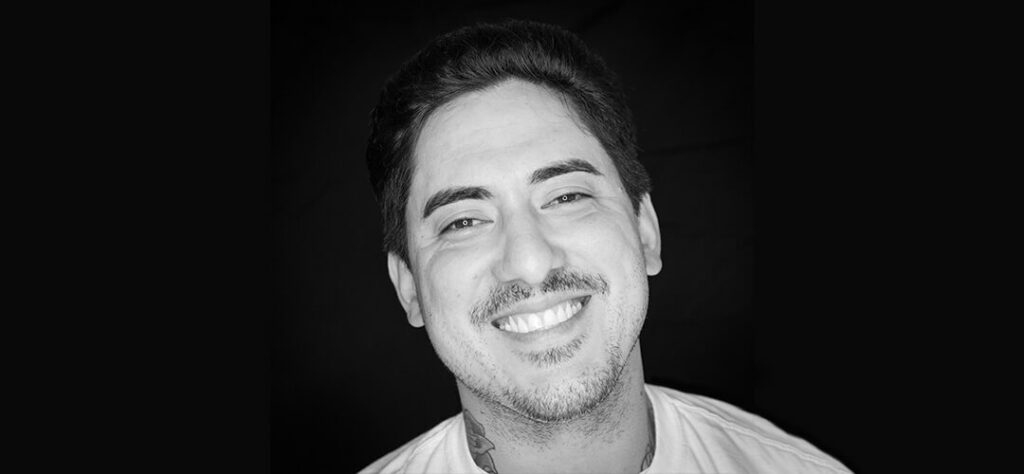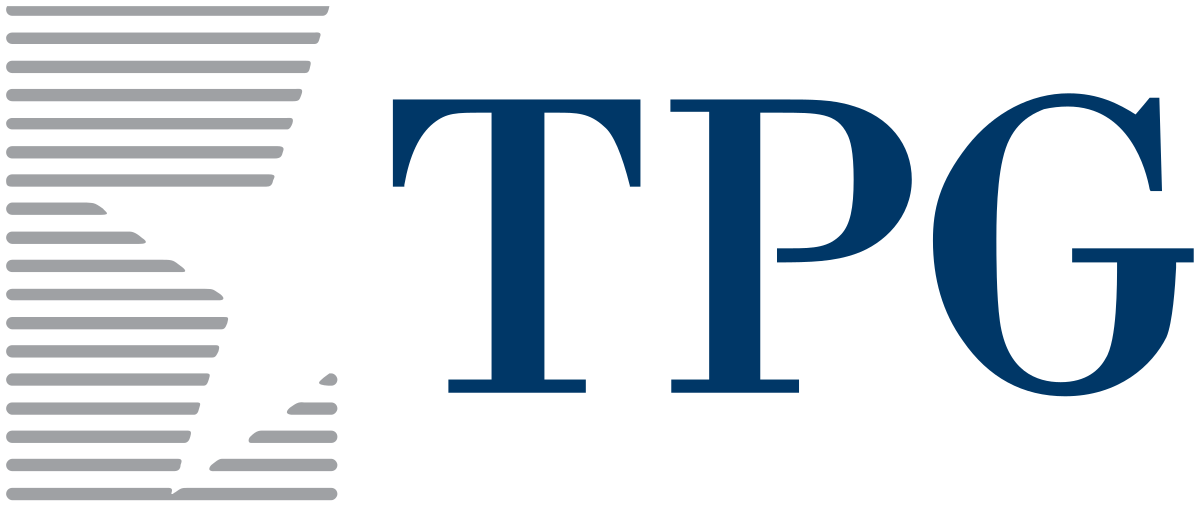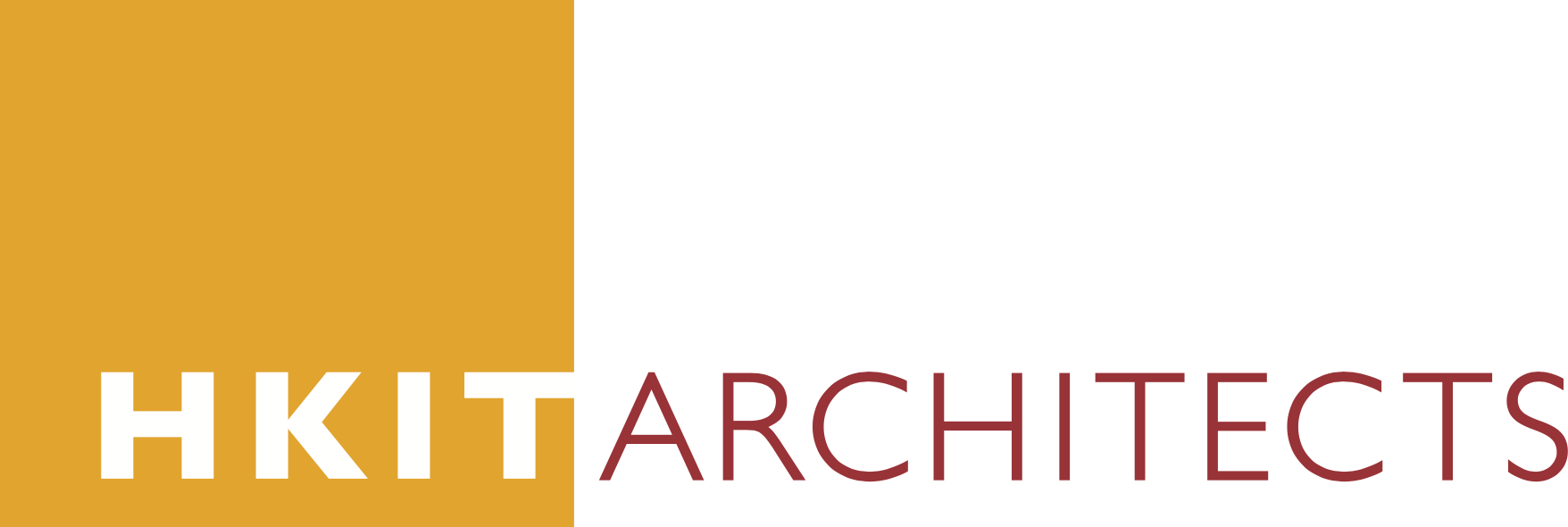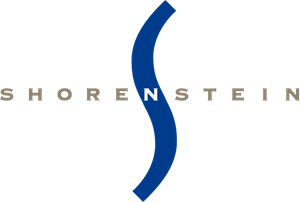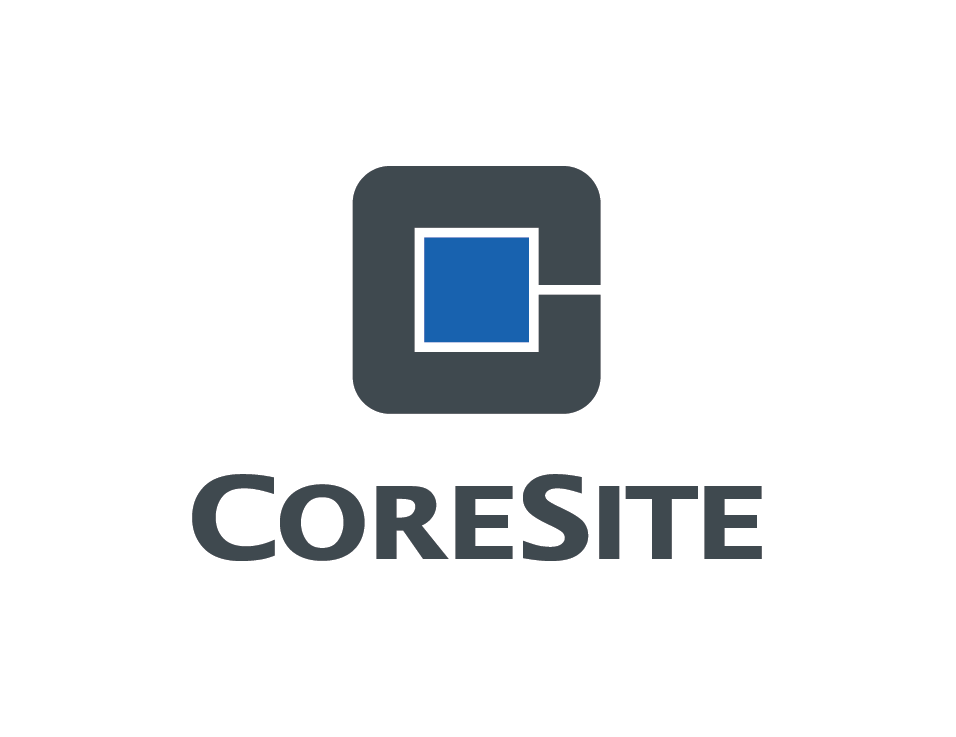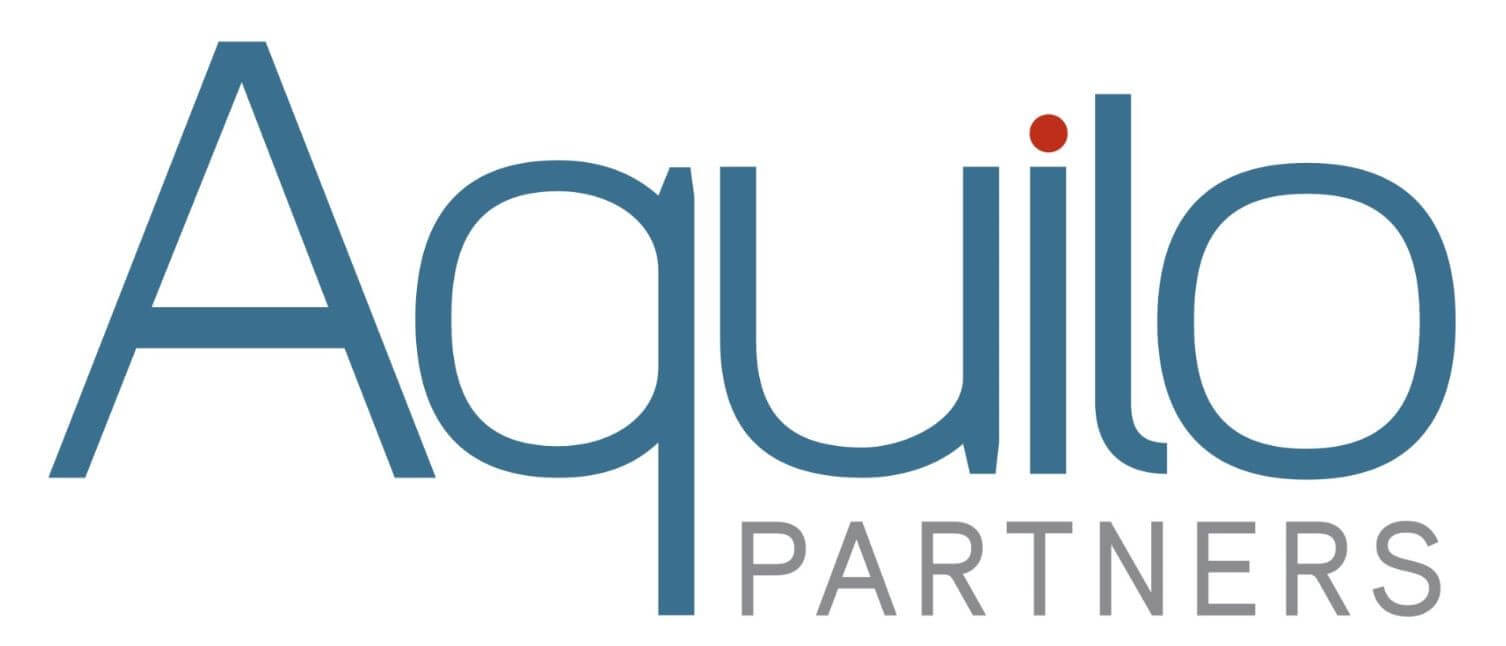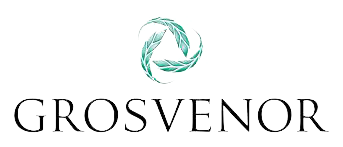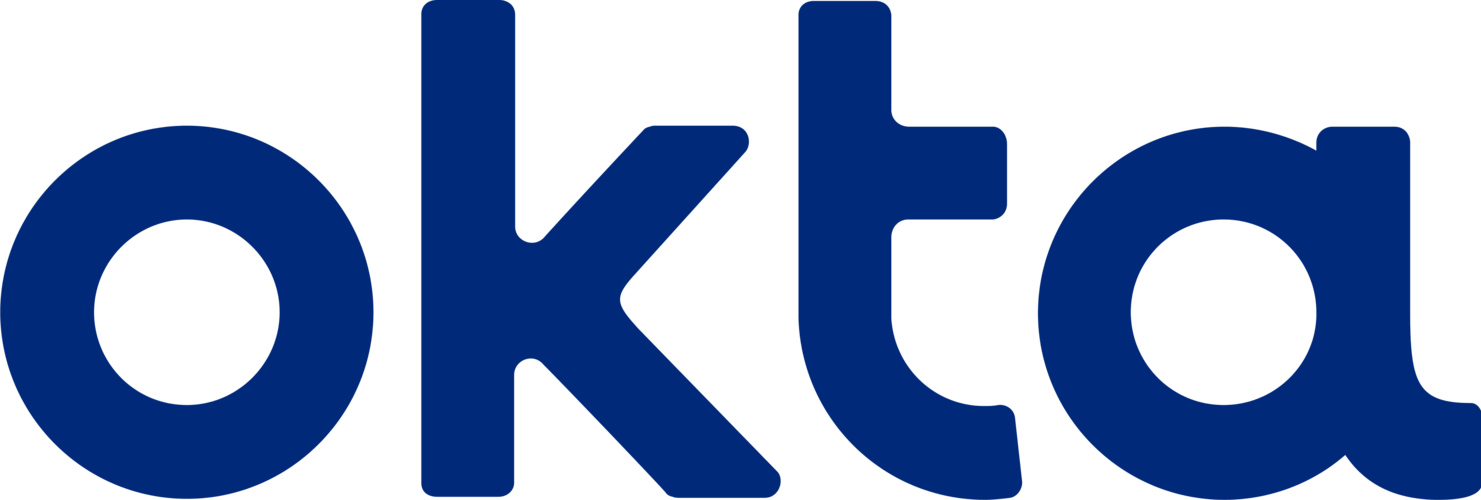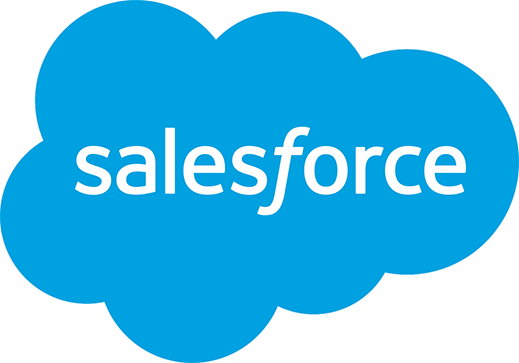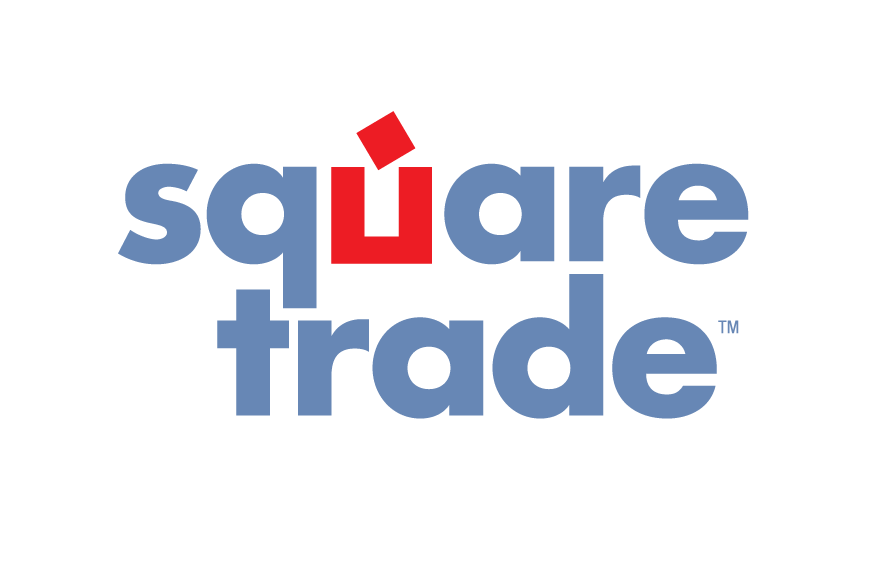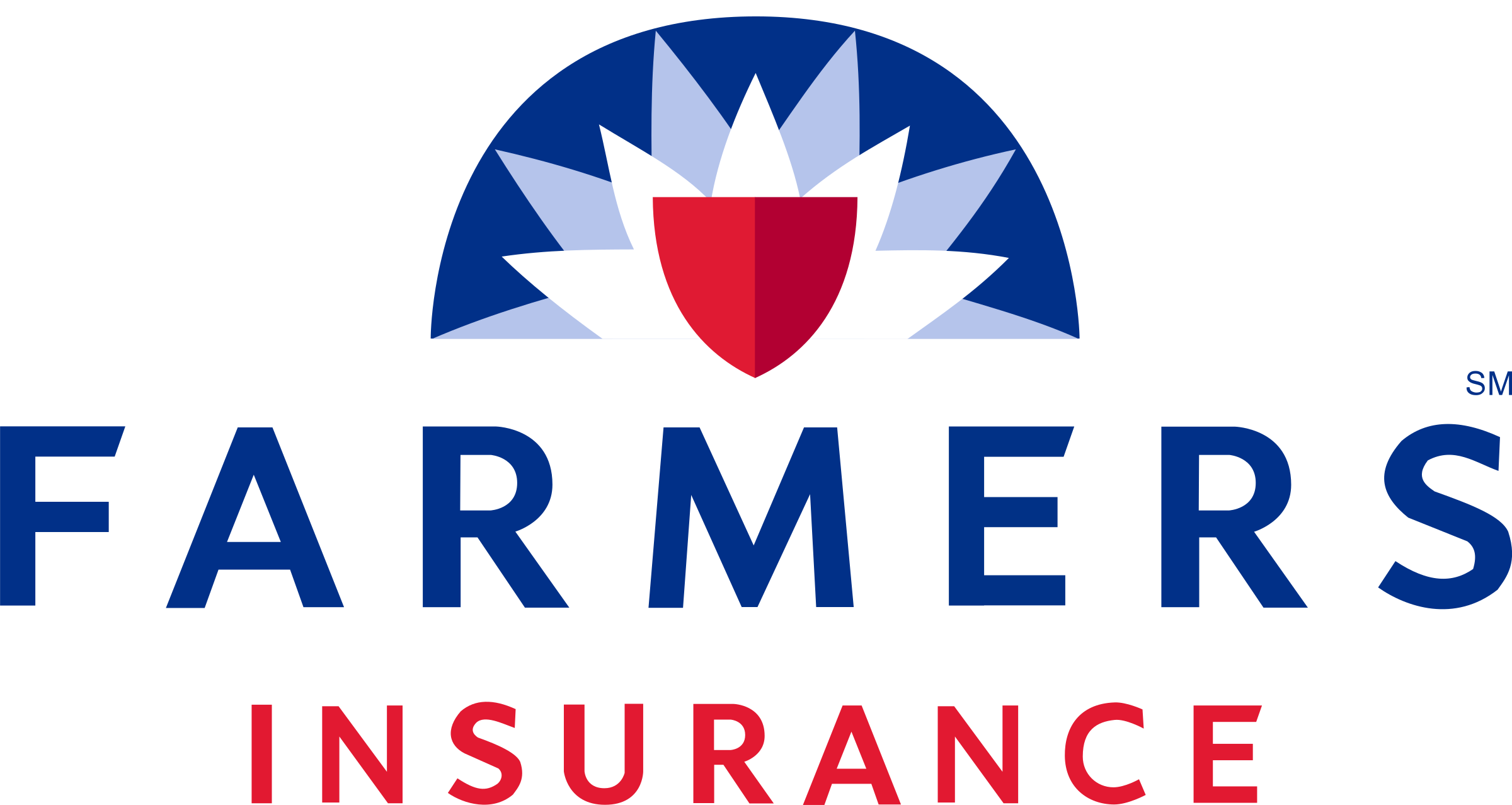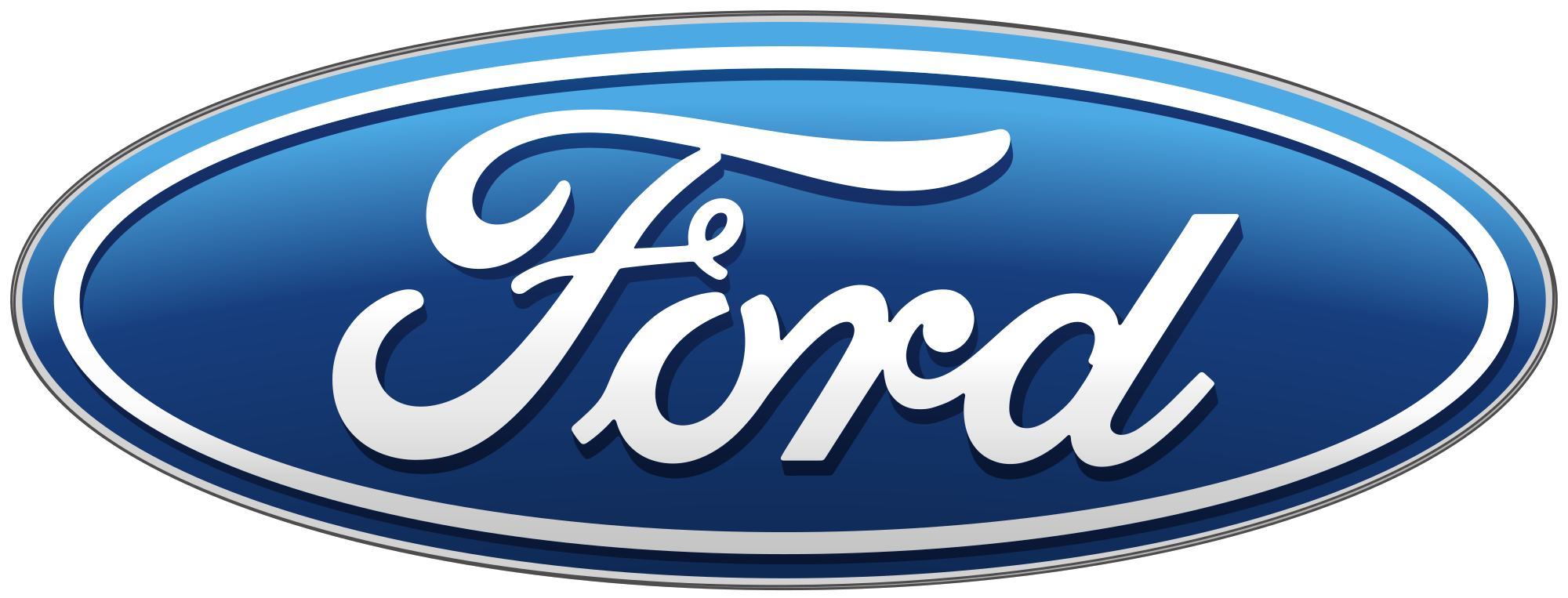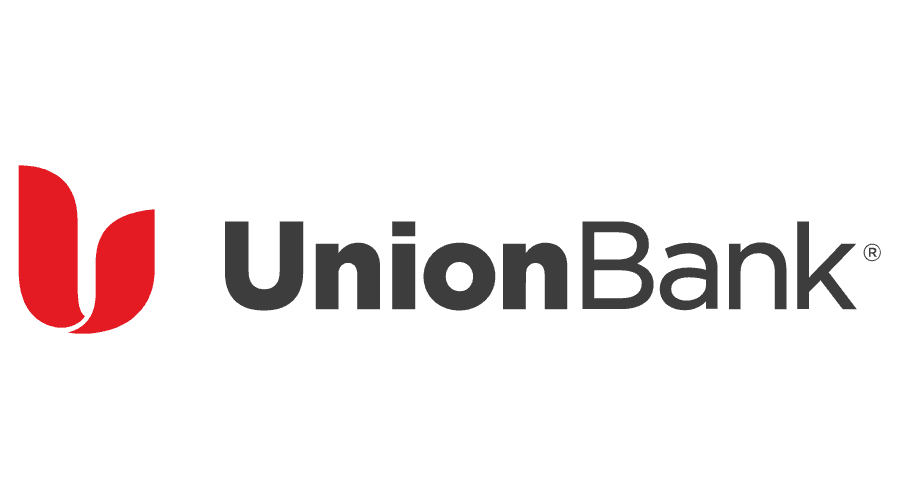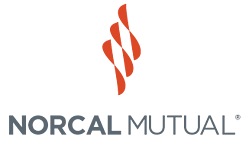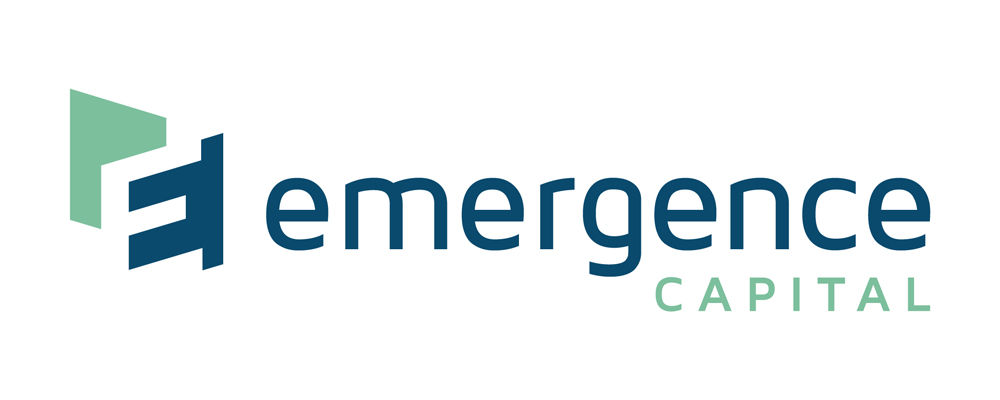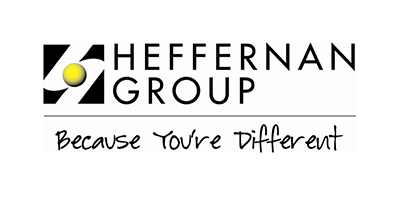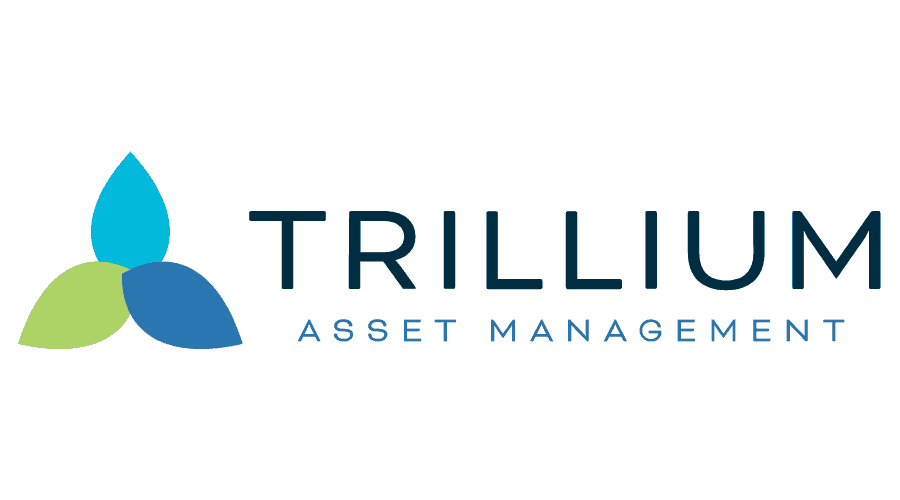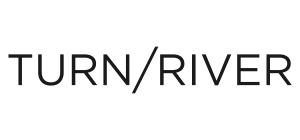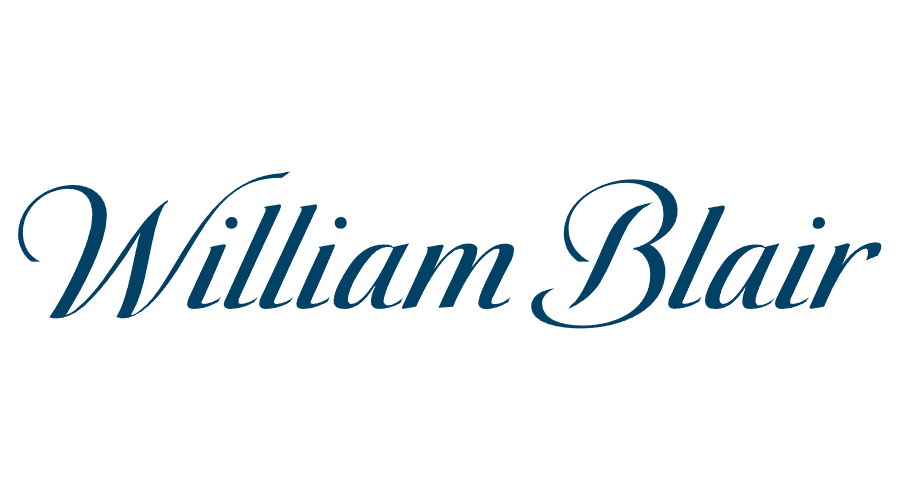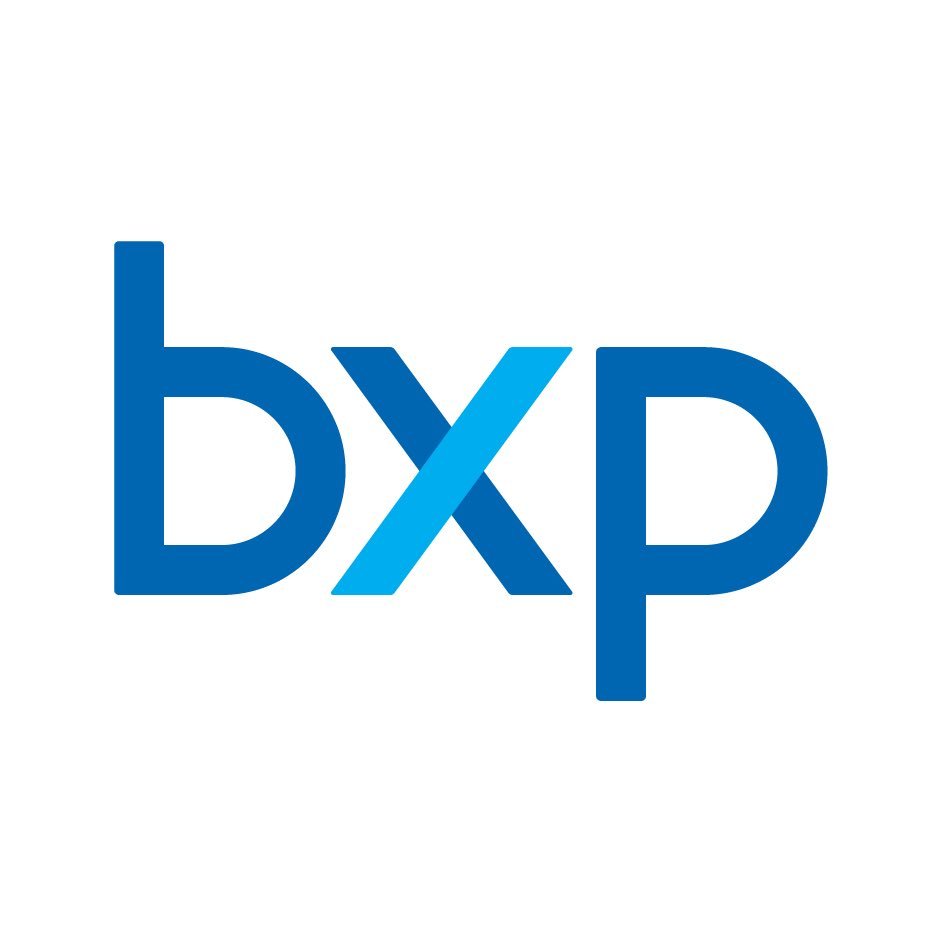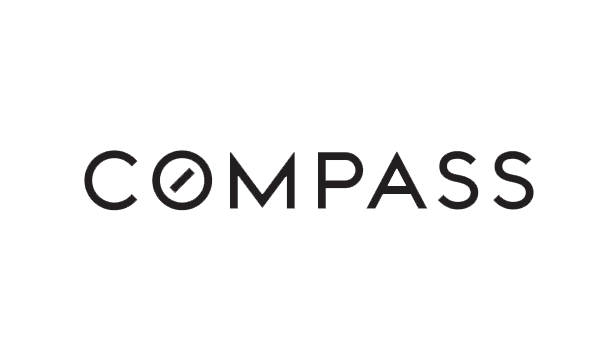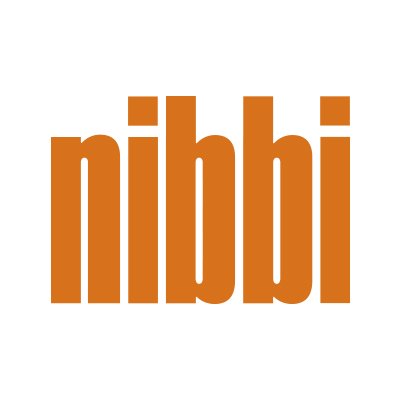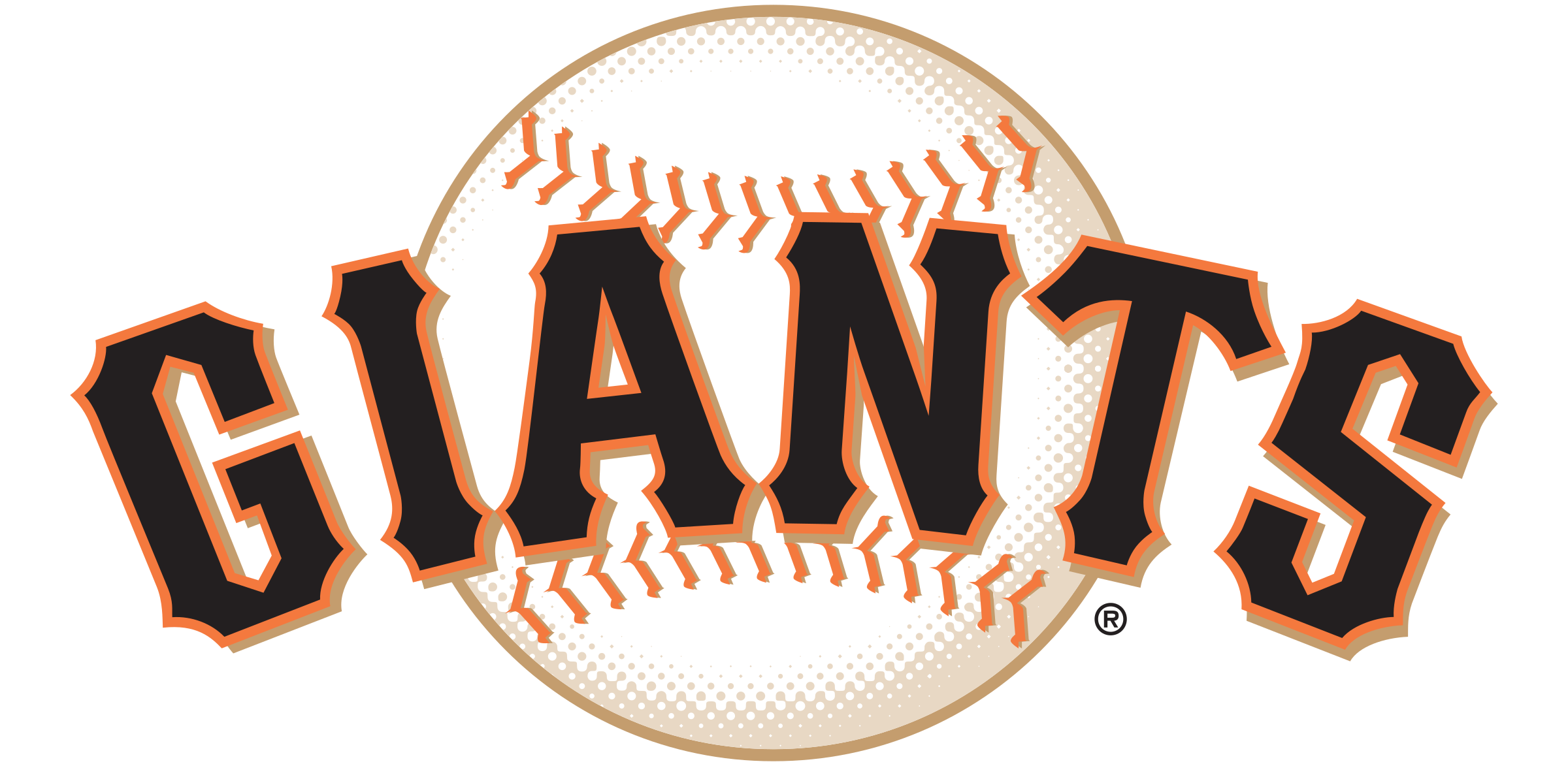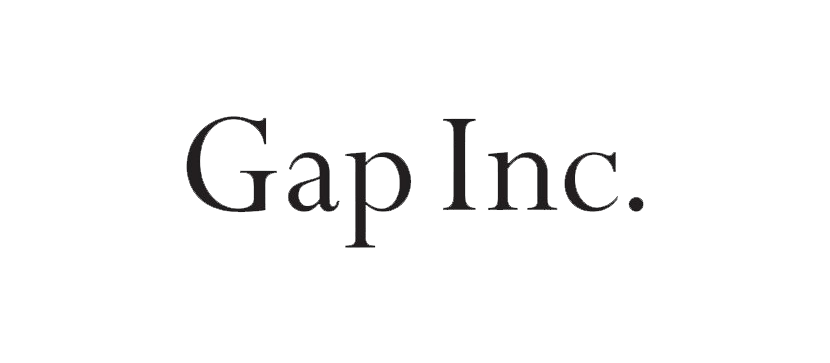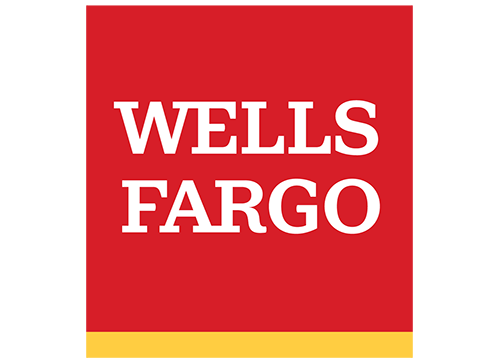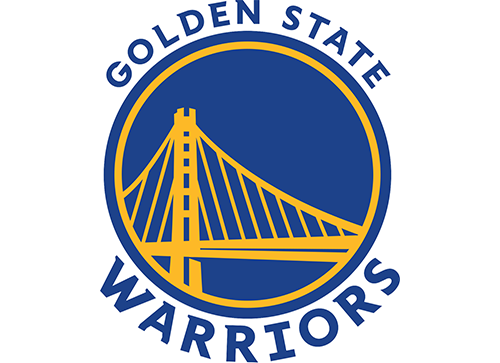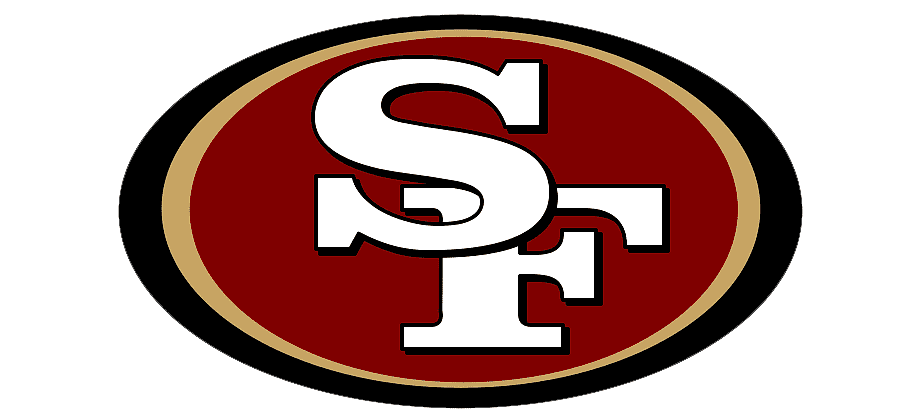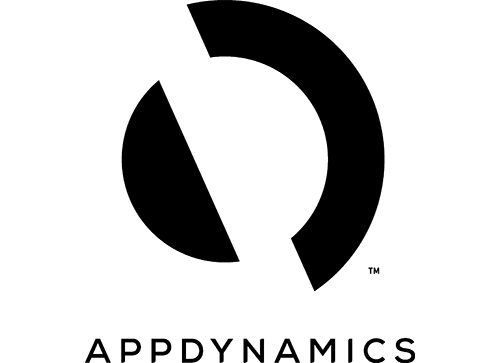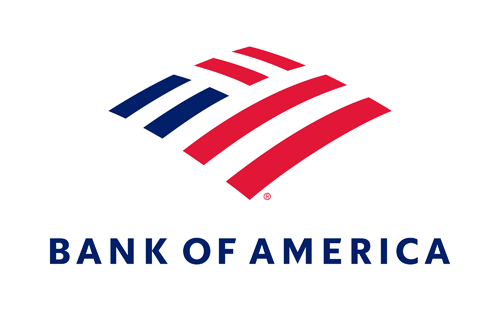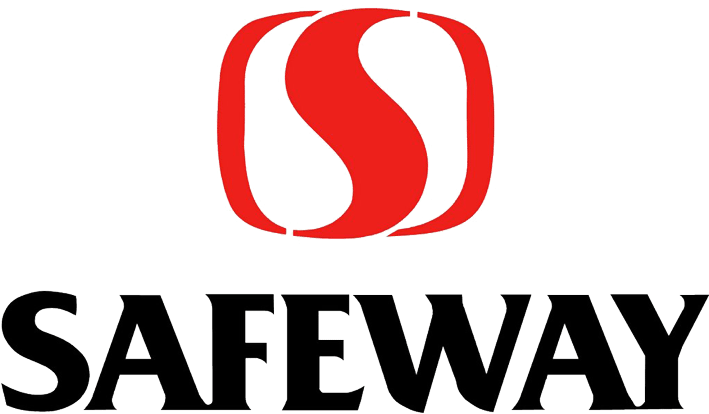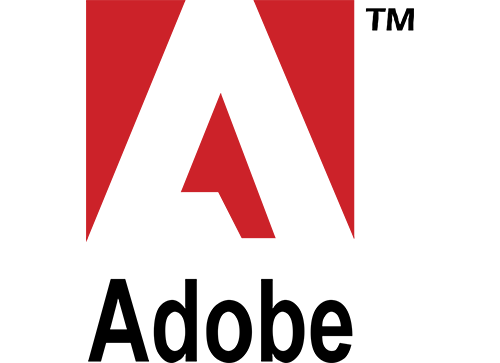Juan Carlos’ Story
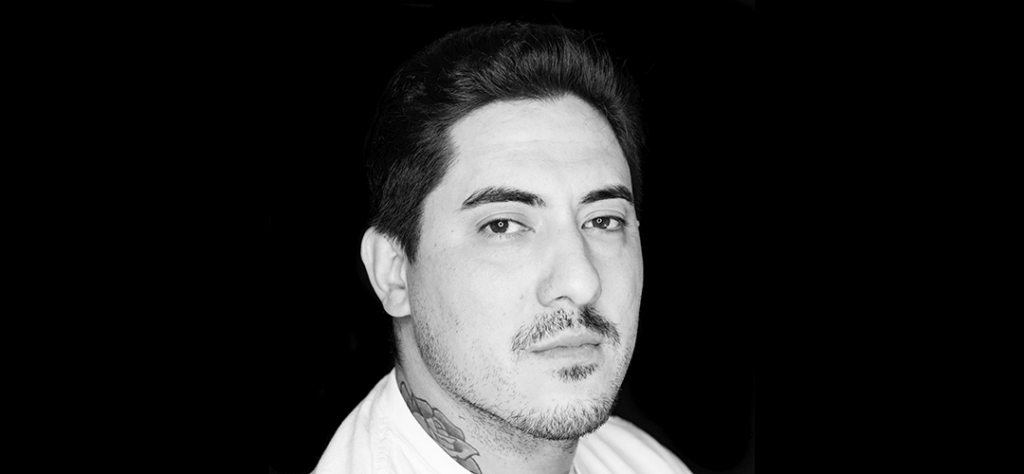
I was born and raised in San Francisco. I’ve been here all my life. I grew up in the Mission District. Back then, the Mission was pretty heavy in gangs. I’ve seen a lot of drive-bys, a lot of murders, a lot of stuff right in front of my stoop. But I never liked gangs, never wanted to be a part of that. I was an athlete; I liked to play sports. I played them all — soccer, football, baseball, basketball — in middle school and high school. It was so fun back then.
I never really had a father figure in my life. My grandmother and my mother raised me. I have a huge family. My mom worked a lot, so I was always at different cousins’ homes. I got to experience everyone’s in-house culture: how they did things, what they cooked, what their schedule was like on the weekends, who slept in and who didn’t, and what I could and couldn’t do at their house. They all called me Charlie, and everybody loved Charlie.
When I was 16, my stepfather convinced my mom to buy a house in the East Bay. I didn’t want to go. I was in my junior year. I was playing soccer, and I was really good at it. I had been offered a scholarship to go to college, as long as I continued to play soccer and my grades improved.
When we moved, I struggled to get to school. I didn’t have money to go back and forth. I was sneaking onto BART with my big old soccer bag. I was getting tired of going back and forth. So what happened? I didn’t continue down that path. I didn’t have the energy to do it. I even stopped caring about soccer. I started drinking and smoking weed and getting in trouble with the law.
It went on like that for a long time. At one point, I tried to enroll in community college, but I was paying for classes by selling weed, and I got caught. I went to jail for like six months. When I got out, I was mad, I was hateful. And I just went back to that lifestyle — using and selling drugs.
Eventually, meth became my drug of choice. That world is a whole ‘nother ball game. It’s so bad. When I look back on it, it’s kind of scary. Like, I wasted so much time, so much of my life on just getting high, selling drugs, not working, not taking care of myself. I was even stealing from my family. That’s not right.
Then one day, one of my aunties called me. She told me that my grandma was really sick, and asked if I could come take care of her. I came to see her at the hospital. I remember sitting in Rolph Park afterwards. It was raining, but not too much. And that’s when I made a decision that whatever I was doing, I needed to stop. The next day I went to my auntie’s house, and said I could do it.
At that time, I stopped doing everything that was bad, and I shaped up. I got a job bartending; I started going to school to be a medical assistant; I was taking care of my grandmother. I was doing so well. I took care of her for about two years.
Then she got an infection that led to her death, and my family blamed me. She was 93. She was in pain and she was tired. But they wanted to prolong her life and they blamed me for it not happening.
That took a tremendous toll on me, and I just didn’t recover. I was so stressed out and so sad. So I started smoking meth again, and this time it was even worse. I couldn’t function. I was staying in the streets, sleeping at parks. I was in and out of jail. The last time I went to jail, I was facing prison time. I was broken. I was tired. I was so over it. And that’s when I made an agreement with myself that this was it.
Being in jail, one can only work on themselves so much because you’re isolated. It’s easy to do good when your hands are tied behind your back — you have to do what you’re told in there. So I started suggesting to my lawyer that I go to a program. And that’s when they told me about Father Alfred Center.
I remember when I was told it was a year program, I was already thinking of elaborate ways to get out of it. Like, okay, I’ll go to the program for three months, and then after that, I’ll come back to the judge and see if I can get out of the program.
But after a few months, I was like, I don’t want to leave Father Alfred — I like this place. The counselors, the environment — I needed that. It helped me a lot. It’s still helping me ‘cause I’m still there. I graduate in two months, so it’s coming up. I thank Father Alfred for giving me the opportunity to get out of jail, and giving me the tools to stay sober.
For me, recovery means being involved in my own life and letting the people that love me be involved in my life. If I was still getting high right now, I wouldn’t even be thinking about that. There would be no rekindling the relationships with my mom, with my aunt, with my cousins, with friends that I’ve hurt in the past, and with my daughter.
I wouldn’t be working either. I’ve been with Community Safety Services for three months now. Me jumping into being employed and being responsible, showing up to work, working a hundred percent, being on time, punctual, all that stuff — it’s important. It’s going to build me for the next job so that when I do apply for it, my manager or supervisor, or whomever will say, you know what, you have a great person coming to your team.
I don’t know what God has in store for me, but I know if I do the right thing and I don’t detour, eventually an opportunity will come along. Maybe some of the things that I want might be out of reach at the moment, but I’m a big thinker — I want more.
Juan Carlos is a member of St. Anthony’s Community Safety Services (CSS) team.
